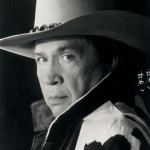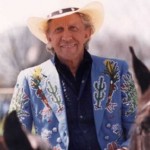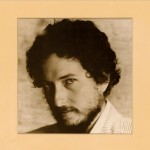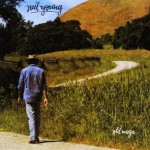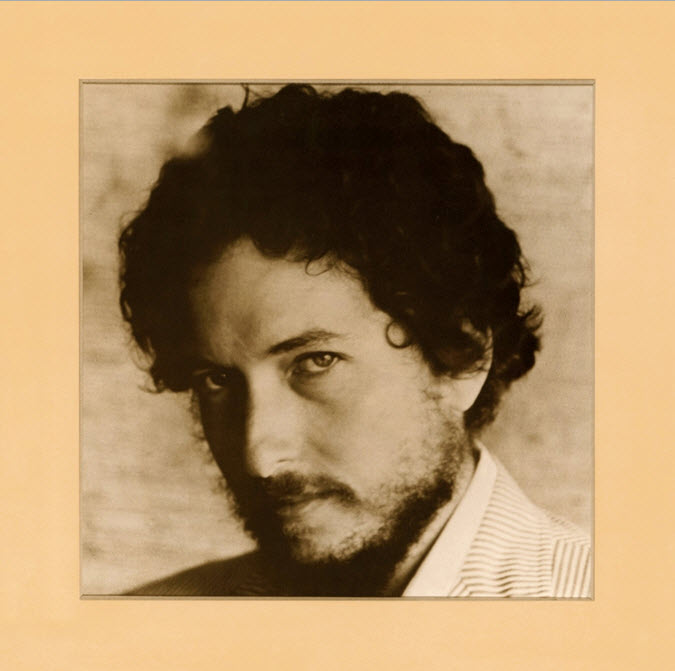
..Well, there were two good songs on S. P., DAYS OF FORTY-NINE and COPPER KETTLE… and without those two LPs there’d be no New Morning. Anyway I’m just starting to get back on my feet as far as my music goes… Al, do you use amphetamine?
~Bob Dylan (A.J. Weberman Interview, Jan 1971)
The album has a feeling of”starting over” about it, as the title and the back cover photo (Dylan with blues singer Victoria Spivey in 1961-he looks very young) both suggest.
~Paul Williams (Bob Dylan Performing Artist I: The Early Years 1960-1973 )
)
This is a quirky album, from a Dylan not pointing a way for anyone, but from a great artist remaining at his work knowingly in the face of not being creatively on top form in the phenomenal way he had been in the period 1964–68.Warm and abiding, it sounds better and better as the years go by.
~Michael Gray (The Bob Dylan Encyclopedia )
)
Day of The Locusts:
From Wikipedia:
| Released |
October 19, 1970 |
| Recorded |
June–August 1970 at Studio B and Studio E, Columbia Studio Building, 49 East 52nd Street, New York City
|
| Genre |
Rock, country rock, country |
| Length |
35:21 |
| Label |
Columbia |
| Producer |
Bob Johnston |
New Morning is the eleventh studio album by American singer-songwriter Bob Dylan, released in October 1970 by Columbia Records.
Coming only four months after the controversial Self Portrait, the more concise and immediate New Morning won a much warmer reception from fans and critics. Most welcome was the return of Dylan’s familiar, nasal singing voice. While he has a slightly nasal tone to his voice on “Alberta #1” from Self Portrait this was the first full album with his familiar voice since John Wesley Harding in 1967: he had taken on a country croon since then. In retrospect, the album has come to be viewed as one of the artist’s lesser successes, especially following the release of Blood on the Tracks in 1975, often seen as a fuller return-to-form.
It reached #7 in the US, quickly going gold, and gave Dylan his sixth UK number 1 album. The album’s most successful song from a commercial perspective is probably “If Not for You”, which also was recorded by George Harrison, who had played guitar on a version of the song not released until 1991’s Bootleg Series Volume 2, and was also an international hit for Olivia Newton-John in 1971. Bryan Ferry also included the song on Dylanesque.
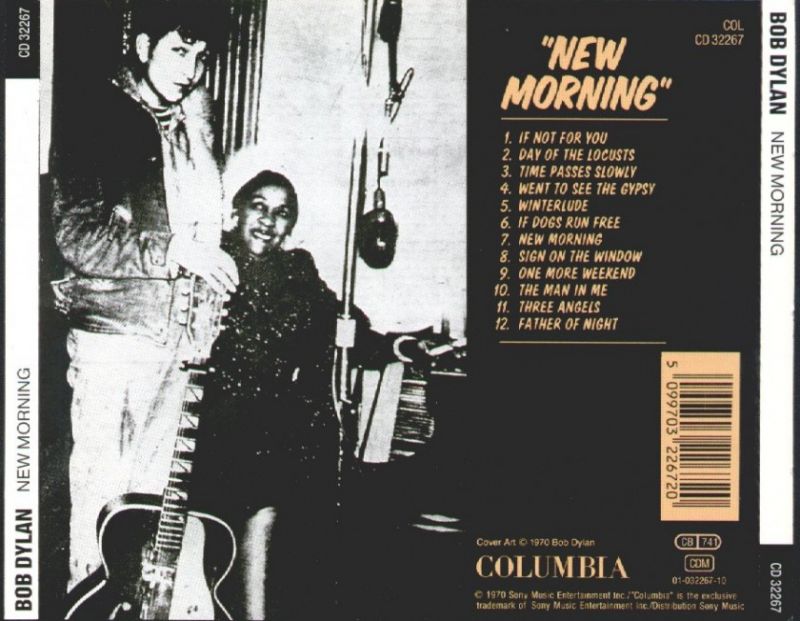
Check out:
Aftermath:
Critics were quick to praise New Morning upon its release. Ralph Gleason’s Rolling Stone review reflected most sentiments, proclaiming “WE’VE GOT DYLAN BACK AGAIN.” Few placed it alongside his masterworks from the 1960s, but it was considered a substantial improvement over its predecessor. It was only four months since Self Portrait, and many reviewers did not resist comparing the two. “In case you were wondering how definitive that self-portrait was, here comes its mirror image four months later,” wrote Robert Christgau, before giving it an A-.
While New Morning neared completion, Dylan and his manager, Albert Grossman, formally dissolved their business relationship on July 17, 1970. Grossman retained certain rights from previous agreements, including royalties on work produced under his management, but their publishing company, Big Sky Music, would be replaced by Ram’s Horn Music before the end of 1971, putting an end to any joint ownership in publishing. Dylan would gain complete control over his personal management and his own music publishing. Another tense contract negotiation awaited in 1972, this time with CBS. Until then, there would be little musical activity as Dylan entered the quietest period of his career.
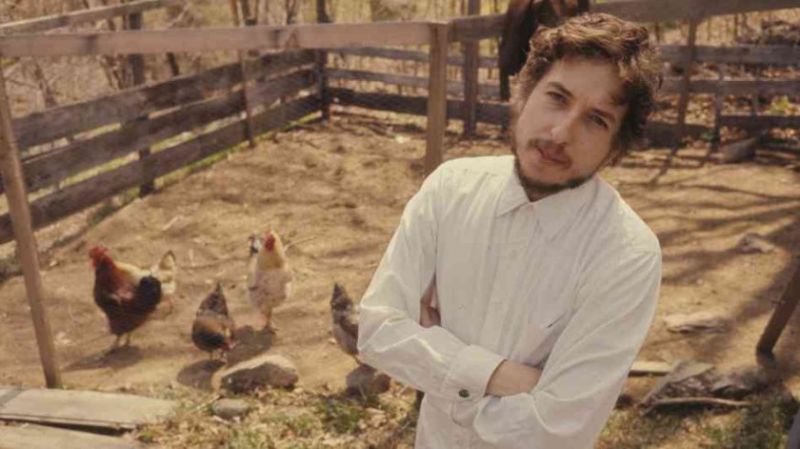
More opinions:
Paul Williams (Bob Dylan Performing Artist I: The Early Years 1960-1973 ):
):
New Morning to me is a scary album. Unlike Nashville Skyline and Self Portrait it’s not a conceptual experiment (Dylan goes country; Dylan sings other people’s songs). It is not a half-hearted effort-there is energy and humor in the singing and musical accompaniment, cleverness and intelligence in the lyrics, personality and imagination in the music, the sound. It should be, in short, the return of Bob Dylan, and was hailed as such by fans and critics at the time. And that’s the scary part. New Morning is Bob Dylan pretending to be Bob Dylan, not in any obvious way (like writing a sequel to “Mr. Tambourine Man”) but in a very subtle way: he goes through all the motions and touches all the bases, but leaves out Ingredient X.
Michael Gray (The Bob Dylan Encyclopedia ):
):
There’s much more going on here than this, though. Throughout the album there is a subtle but sustained falsification of the rural/patriarchal ideas suggested here (and on Nashville Skyline): a persistent kind of Midas touch that deliberately
makes the picture here an idealised and therefore not a real one. … The cumulative effect of all this carefully established unreality is to make New Morning very different, in its vision, from any other Dylan album. It begins to express a new optimism-through-doubt. He may have little to say but he has the courage to know it: and to make, to pass his time, an intelligent critique of what he doesn’t believe in any more. New Morning says for his country persona what ‘My Back Pages’ said about his protest persona.
Robert Christgau:
In case you were wondering how definitive that self-portrait was, here comes its mirror image four months later. Call it love on the rebound. This time he’s writing the pop (and folk) genre experiments himself, and thus saying more about true romance than is the pop (or folk) norm. Two side-closing throw-ins–a sillyditty about a gal named “Winterlude” and the scatting beatnik send-up “If Dogs Run Free”–almost steal the show. And the two other side-closers, which make religion seem dumber than it already is, damn near give it back. A-
Track listing:
All songs written by Bob Dylan.
- Side one
- “If Not for You” – 2:39
- “Day of the Locusts” – 3:57
- “Time Passes Slowly” – 2:33
- “Went to See the Gypsy” – 2:49
- “Winterlude” – 2:21
- “If Dogs Run Free” – 3:37
- Side two
- “New Morning” – 3:56
- “Sign on the Window” – 3:39
- “One More Weekend” – 3:09
- “The Man in Me” – 3:07
- “Three Angels” – 2:07
- “Father of Night” – 1:27
–
My fav songs from the album:
- If Not For You
- New Morning
- The Man In Me
- Sign On the Window
If Not For You:
Personnel:
- Bob Dylan – vocals, harmonica, acoustic guitar, electric guitar, organ; piano on “Day of the Locusts”, “Time Passes Slowly”, “Went to See the Gypsy”, “Winterlude”, “Sign on the Window”, and “Father of Night”
- Additional musicians
- David Bromberg – electric guitar, dobro
- Harvey Brooks – bass guitar
- Ron Cornelius – electric guitar
- Charlie Daniels – bass guitar
- Buzzy Feiten – electric guitar
- Al Kooper – organ, piano, electric guitar, French horn
- Russ Kunkel – drums
- Billy Mundi – drums
- Hilda Harris – backing vocals
- Albertin Robinson – backing vocals
- Maeretha Stewart – backing vocals on “If Dogs Run Free”
- Technical personnel
- Bob Johnston – production
- Len Siegler – photographer
–
Sign On the Window:
–
“New Morning” is not available @ Spotify, but another great album released on this day in 1973 is:
Album of the day: The Who – Quadrophenia
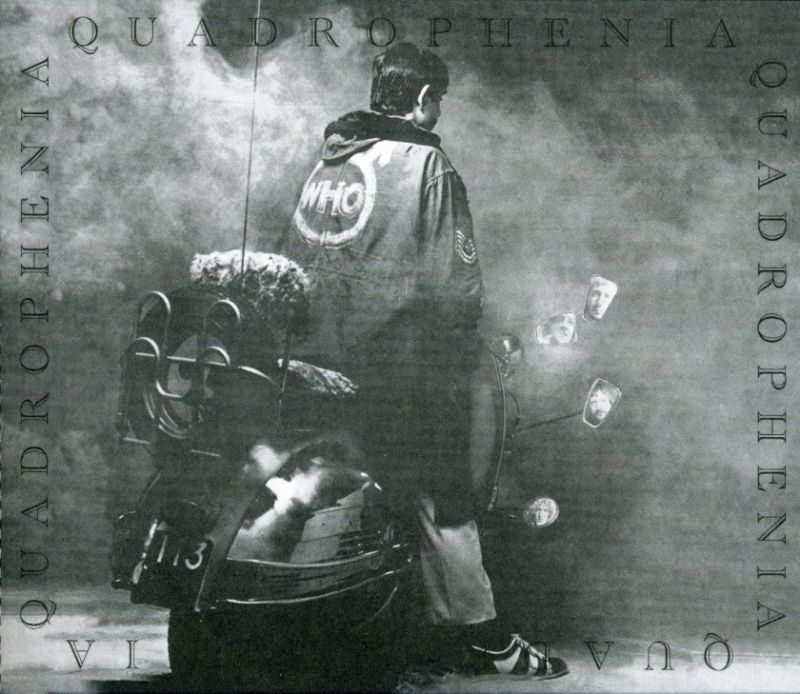
–
Other October 19:
Continue reading Today: Bob Dylan released “New Morning” in 1970, 43 years ago →



